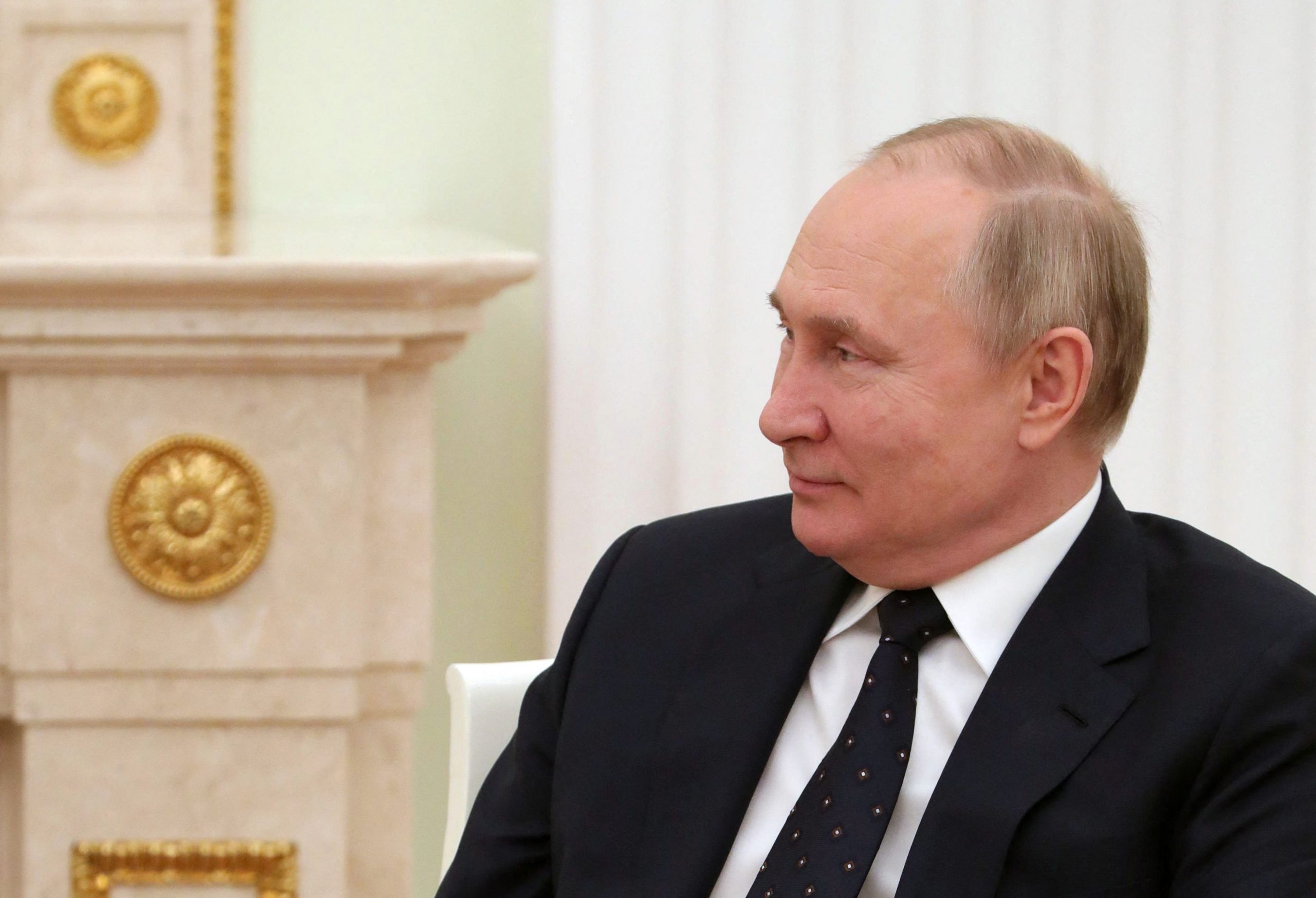It has been 110 days since Russia invaded Ukraine. However, despite the international community heavily sanctioning Russia in response, Russia’s oil revenue and currency are doing well.
Revenue from Russia’s fossil fuels has soared, the New York Times reported.
Just in the first 100 days of its war on Ukraine, Russia earned about 93 billion euros, about $97 billion, from exports of oil, gas and coal, the Center for Research on Energy and Clean Air found, according to the Times.
Roughly two-thirds of those earnings came from oil and the rest from natural gas.
“The current rate of revenue is unprecedented, because prices are unprecedented, and export volumes are close to their highest levels on record,” said Lauri Myllyvirta, an analyst who led the research.
Russia’s profits have soared despite much of the West banning Russian oil.
The U.K. banned Russian oil imports in March, Politico reported.
The Biden administration followed suit and on March 8 the White House announced a ban on all imports of Russian oil, liquefied natural gas and coal.
Even the European Union, which is heavily reliant on Russian fuel for its energy, recently imposed a partial embargo on Russian crude and petroleum products, the Center for Strategic and International Studies reported.
All this was aimed at cutting off Russia’s main income to economically cripple it and its war funding, the Times reported.
But it’s not working very well.
“We’re asking the world to do everything possible in order to cut off Putin and his war machine from all possible financing, but it’s taking much too long,” Oleg Ustenko, an economic adviser to President Volodymyr Zelenskyy of Ukraine, said, the Times reported.
The E.U., while cutting off some oil from Russia, is unable to wean itself off of Russia completely.
In the meantime, the dip from U.S., U.K. and partial E.U. sanctions was made up by India and the United Arab Emirates.
India, for example, has become a crucial Russian crude importer. In the last 100 days it has bought 18 percent of the country’s exports.
This has led to making sanctions from western countries far less damaging.
The U.S. oil embargo on Russia may have made an initial dent in Russia’ economy, but the U.S. still imports refined oil from places like the Netherlands and India.
Those products most likely contain Russian crude. So, Russia has found a loophole for its oil to keep going to the U.S., the Times reported.
However, it is not just the Russian oil market that is still thriving, in spite of sanctions.
The Russian currency of the ruble is also doing well, Reuters reported.
Despite interest rate cuts and economic crisis being forced on Russia through sanctions, the ruble hit three-week highs against the euro and the dollar.
The ruble was up about 1.8 percent against the euro.
Against the dollar, the rouble also added 0.4 percent, according to Reuters.
The ruble has been upheld by capital controls that Russia imposed almost as soon as the war with Ukraine began.
So far, the Russian central bank has successfully kept pressure on the ruble at bay.
Though the West has tried to topple Russia’s economy in response to the invasion of Ukraine, Russia has fortified its oil market and currency against the sanctions.
This article appeared originally on The Western Journal.























